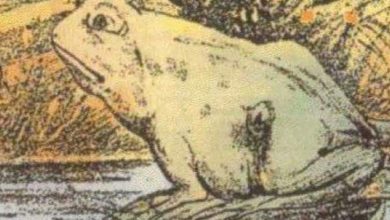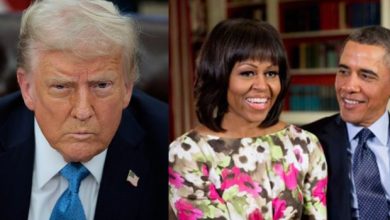The real meaning of the ‘o’ in o’clock
Have you ever said, “It’s 5 o’clock” and paused for a moment, wondering, “What’s with the ‘o’ in o’clock?” Well, you’re not alone.
This tiny little letter, that we frequently say without thinking, has been puzzling people for ages. Let’s dig into the meaning, history, and charm of that mysterious “o.”
In the medieval times when church bells rang out the hours and sundials marked the passage of hours with sunlight and shadows, people often referred to time in phrases like “the third hour of the day.”
As timekeeping evolved, mechanical clocks became the go-to tool and saying, “of the clock” made it clear people were talking about clock-time, not just an estimate based on celestial guesswork – like the position of the sun.
Enter o’clock
As English evolved, people grew tired of long phrases and “of the clock” became “o’clock.”
The “o” in “o’clock” is short for the word “of.” When you say, “three o’clock,” you’re actually saying, “three of the clock,” clarifying that it’s not an astronomical observation.
Britannica explains that “when we use the word o’clock, we are saying that it is a particular hour ‘according to the clock.’ For example, ‘it is almost four o’clock’ means the same as ‘it is almost four according to the clock.’”
It’s a shorthand that has stuck around for centuries and survived linguistic changes, making its way into modern English from simpler times when clarity was key.
Why the apostrophe?
According to Britannica, “an apostrophe is used in o’clock because the word is a contraction of the phrase ‘of the clock.’” In short, the apostrophe takes the place of missing words or letters from a longer word or phrase.
Digital world
In today’s world of digital watches and phones that display the exact second, saying “o’clock” might seem outdated.
And while usage is still common, the term has been declining in casual conversation. Many people now skip it entirely, simply saying “It’s seven” instead of “It’s seven o’clock.”
But it remains a cultural mainstay, especially in conversational English, because:
- Simplicity: It’s short, sweet, and universally understood.
- Tradition: We love holding onto charming phrases from the past, and “o’clock” has an air of old-world sophistication.
- Consistency: In formal or poetic language, “o’clock” adds rhythm and clarity. “It’s three” just doesn’t have the same flair as “It’s three o’clock.”
The “o” in “o’clock” might seem like a tiny detail, but it’s a window into the evolution of language and timekeeping. From medieval bell towers to your smartphone screen, this little abbreviation has stood the test of time!
Did you know why the “o” was there? Please share this story with your friends and test their knowledge of time!












